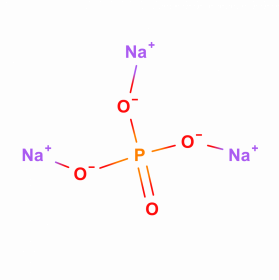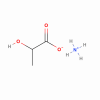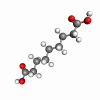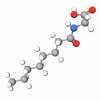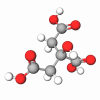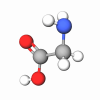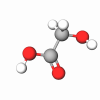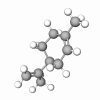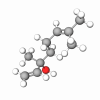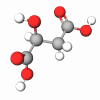Sodium Phosphate is a generic name for three sodium salts of Phosphoric acid (Monosodium, Disodium, and Trisodium phosphates) inorganic compounds used in skin care applications. Those salts are safe food-grade ingredients used in skin care products for pH adjustment, preservation, penetration enhancement, and emulsion stabilization.
Depending on the sodium atom count, the average pH of the solution varies from 4.5 (acidic) for monosodium and 12 (alkaline) for trisodium phosphate, so it is also used as a buffer to control the pH balance of the formula. Cells use phosphate units for energy accumulation in the form of ATP (adenosine triphosphate), a critical fuel molecule produced in the Krebs cycle. It energizes skin cells boosting their functions, growth, and renewal.
Sodium phosphate is commonly used for food preservation; similarly, it serves as a preservative in skin care preparations, prolonging the product's shelf-life and preventing spoilage after the opening of the packaging. In addition, it softens hard water and enhances the effectiveness of surfactants in skin cleansing applications.
In some topical applications, Sodium Phosphate is used as a penetration enhancer that boosts active ingredients' adsorption levels and improves the formula's entire effectiveness. In addition, thanks to polarized molecules, it can conjugate active ingredients and deliver them through the skin barrier by electrophoretic methods.